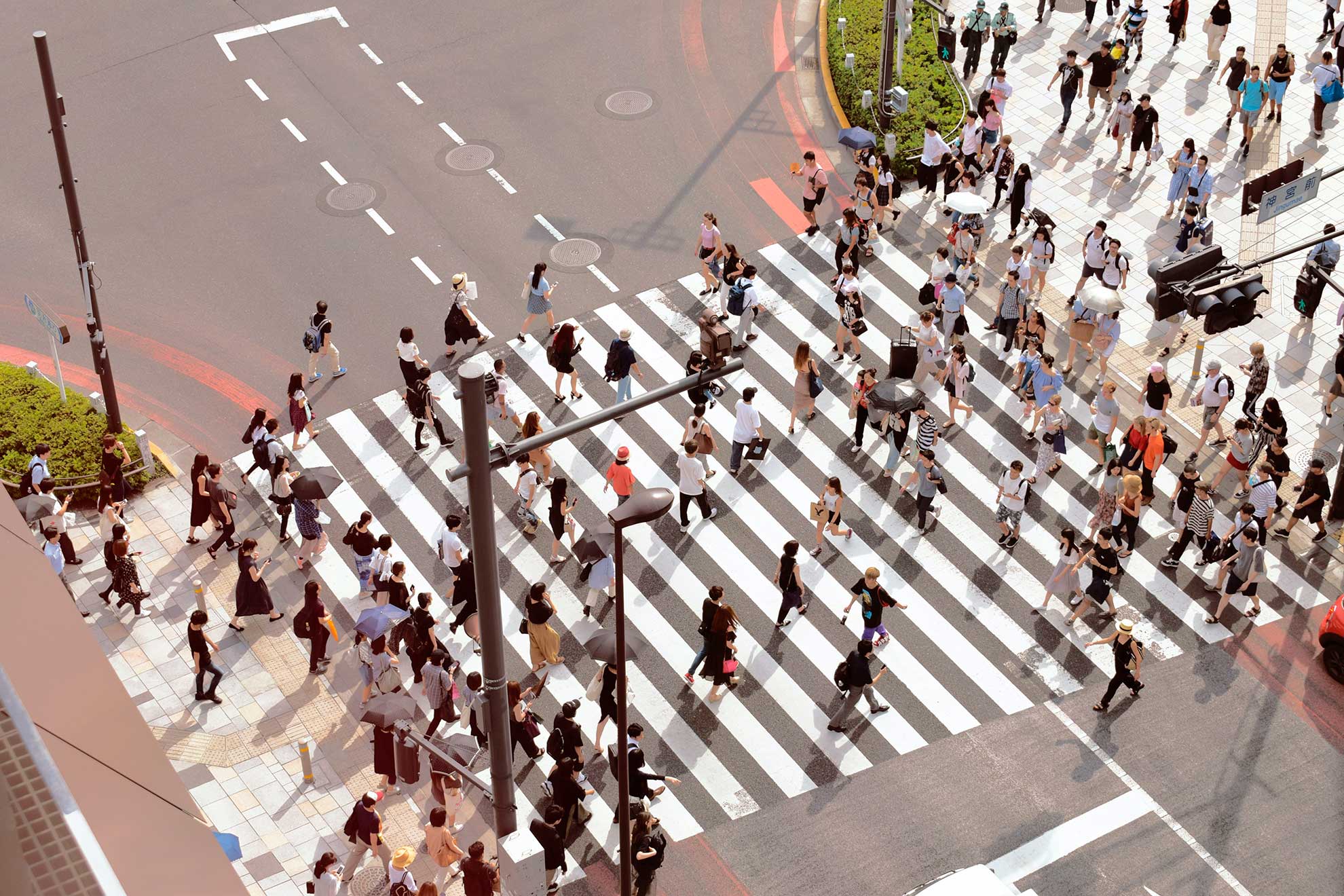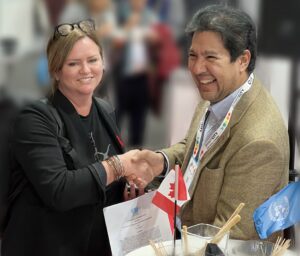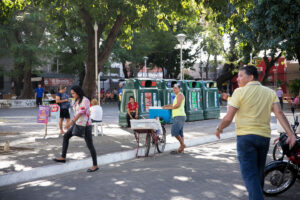The main theme of the World Urban Forum 10, held in Abu Dhabi (9-14 February 2020) was “Cities of Opportunities”. The centrality of resilience as a factor ensuring opportunity was a recurring theme.
Resilience in cities was highlighted as a key driver of sustainable urban development and a guiding principle that should steer the growth of our urban areas.
Convened by UN-Habitat, the World Urban Forum is the biggest event bringing together those working on sustainable development in cities. This year’s edition included over 13,000 participants. From donors to local governments, ministries to international networks, the special session held on Wednesday 13th February brought together the leading global actors in a dialogue on how to take resilience to scale.
Donors on the panel (European Commission, Japanese International Cooperation Agency, European Bank for Reconstruction and Development), underlined their commitment to supporting resilience building action that is based on tangible and data-driven evidence, and encouraged city leaders to invest the necessary time and resources into analysis and diagnosis studies before taking action.
The local government representatives presented were keen to show that, despite differing contexts, common challenges are faced at the local level, notably: coordination, capacity, integrated approaches. Initiatives such as UN-Habitat’s resilience profiling have supported them to overcome these challenges and better plan and integrate resilience actions, as recommended by the donors.
Data and collaboration were recurring themes throughout the discussion. The Ministry of Environment for Abu Dhabi, Shaikha Al Dhaheri,explained more concretely how the collection of data was supporting resilience efforts, but also how these efforts are being maximized through the sharing of data with other entities and partners in the city. In Dakar, satellite data has been integrated to help guide the city develop on resilience and define actions over a longer-term perspective. Participants suggested the need for further sponsorship from national governments to mainstream this practice.
Participants highlighted that social resilience is often not given the same importance or scope as resilient infrastructure, yet it should not be overlooked. For Mourade Dieye, Secretary General of the City of Dakar, community engagement in resilience actions is one way to capitalise on social resilience. Adding to this, the representative from JICA, Hitoshi Ara, explained that build environment projects exist in a wider urban system, and we need to understand at the city level how these infrastructure projects impact and rely on communities.
During the panel discussion, participants highlighted the need to find a way to show the cost benefit of resilience, and ensure that the issue is not overlooked in the face of other more ‘pressing’ issues. The benefits of resilience can be calculated however the cost benefit must be advocated at the global level by international organisations. As a concrete example, the representative from the European Commission, Lars Gronvald, highlighted the blended financing projects the EC supports, through which local governments can leverage private investment.






